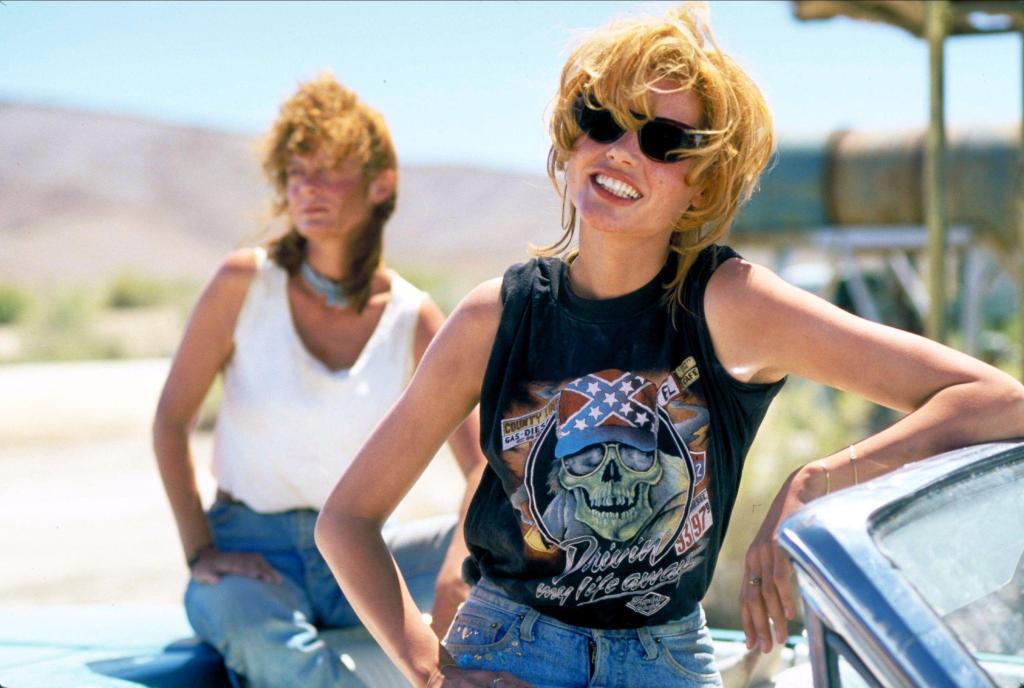For filmmaker and journalist Santilla Chingaipe, it’s time for the Australian screen industry to move beyond conversations about gender representation and diversity, and start taking action.
Chingaipe, whose SBS documentary Our African Roots won a MIPCOM Diversify TV Award last year, is passionate about building below-the-line pathways for people from backgrounds that have been historically excluded from the sector.
To this end, she started capability building program Behind the Screens in Victoria five years ago with support from VicScreen and Footscray Community Arts.
“We need more than just writers and producers reflecting modern Australia in our stories; this has to also be reflected across every area of the industry – from development, to production, to post and beyond.
“From the gatekeepers commissioning content, to the critics reviewing projects. The industry has to create tangible pathways for career progression for people from marginalised backgrounds and work towards equity.”
Chingaipe will be one of a number of leading Australian creatives to share the stage with dual Academy Award winner Geena Davis at ACMI’s upcoming conference, Being Seen on Screen: The Importance of Representation.
To be held April 5, the one-day event is presented in partnership with the Geena Davis Institute on Gender in Media (GDI), a world leader in research and advocacy for representation of women on screen, with further support from the US Consulate and Matchbox Pictures.
With a special focus on Australian content, the conference will bring together actors, writers, directors, producers, heads of departments and academics to tackle issues of women’s representation, including body image, ageing and authentic diversity, on screen and off.
Chingaipe is looking forward to hearing from other local creatives like #Matched and Salma’s Season director Kauthar Abdulalim, who she praises for centring diversity and inclusion in her work and on set.
“I’m keen to hear from people that are actively working to change things. It’s an important time to be having these conversations, because as we know, stories can have a profound impact on how we see ourselves,” she says.
Davis will deliver a keynote address on the day and also appear in conversation with Dr Emma Fulu, founder and executive director of The Equality Institute.
Alongside actors Pallavi Sharda and Elaine Crombie, Abdulalim will discuss authentic representation and the diversity of women on Australian screens.
Ageing will be the focus of a session with GDI President and CEO Madeline Di Nonno, with panellists actor and artistic director Rachel Maza OAM, director, writer and producer Sophie Hyde, actor Sigrid Thornton and casting director Anousha Zarkesh. They’ll discuss how ‘older’ is defined on screen and whether current roles for older women accurately reflect contemporary society and experience.
Further, award-winning writer, speaker and appearance activist Carly Findlay OAM will unpack a range of issues with the dominant Australian female screen body: often young, white, able and slim. Panellists will include Australian of the year and body image activist Taryn Brumfitt, filmmaker and disability advocate Amy Marks and performer, model, queer and radical body acceptance advocate and activist Milo Hartill.

Being Seen on Screen is a complementary event to ACMI’s broader Goddess: Power, Glamour, Rebellion exhibition, designed to celebrate women who blazed a trail in the screen industry and fought the system that tried to exploit them.
Highlights include never-before-seen costumes, original sketches, interactive experiences, large-scale projections, and cinematic screenings.
When Bethan Johnson, the curator of Goddess, was conducting research for the exhibition, she was reminded of the GDI; Davis features prominently throughout via Thelma & Louise.
At the time, the public programs team was also in the early stages of planning a talks program that would facilitate meaningful conversations between women across the screen industry. Together, ACMI head of visitor experience Britt Romstad says they realised it was a natural fit to ask GDI, who has delivered real-world change in the industry around representation of gender, to come on board as a presenting partner.
“This is a rich connection that grounds the exhibition in current debate,” Romstad says.
The hope for Being Seen on Screen is to generate “honest and inspiring conversations that point to future action and continued advocacy.”
“The conference will point to what the industry should be doing and how we can keep it accountable,” says Romstad.


